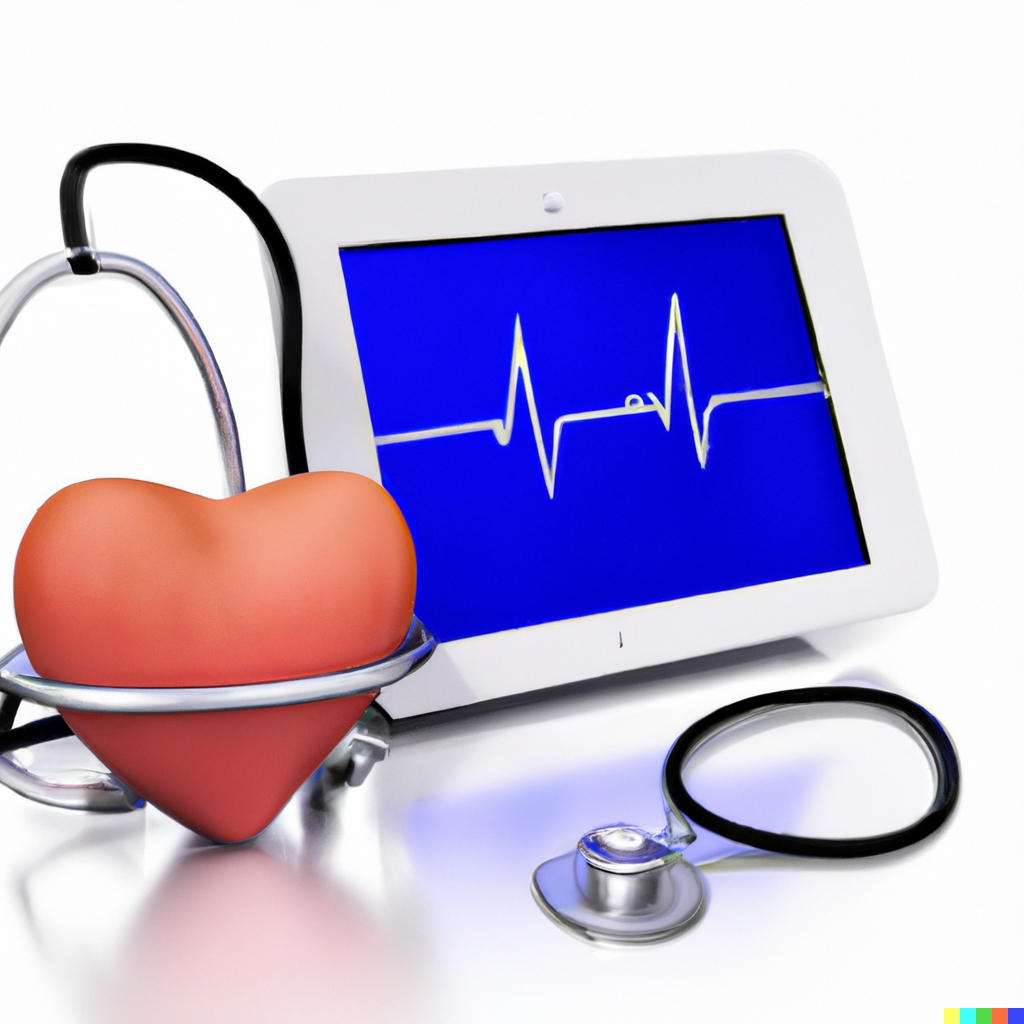The article "The Rise of HealthTech: Transforming the Future of Healthcare" explores the revolutionary impact of health technology on the healthcare industry. It discusses various HealthTech innovations such as telemedicine, wearable devices, electronic health records, AI, robotics, and genomics. The article highlights the benefits of HealthTech in improving patient care, reducing costs, and enhancing data management while addressing challenges like data privacy, implementation barriers, and ethical concerns. It also provides insights into the future prospects of HealthTech, emphasizing advancements in AI, wearables, telemedicine, personalized medicine, and robotics.
Health technology, often abbreviated as HealthTech, is revolutionizing the healthcare industry. By integrating cutting-edge technology with medical practices, HealthTech aims to improve patient care, enhance operational efficiency, and reduce healthcare costs. This blog will explore the various facets of HealthTech, its benefits, challenges, and future prospects.
What is HealthTech?
HealthTech encompasses a broad range of technologies designed to enhance healthcare delivery. This includes:
- Telemedicine: Allows patients to consult with healthcare providers remotely.
- Wearable Devices: Monitors health metrics such as heart rate, sleep patterns, and physical activity.
- Electronic Health Records (EHRs): Digital versions of patients' paper charts.
- Artificial Intelligence (AI) and Machine Learning (ML): Used for diagnostics, treatment planning, and predictive analytics.
- Robotics: Assists in surgeries and rehabilitation.
- Genomics: Utilizes genetic information to tailor treatments to individual patients.
Benefits of HealthTech
Improved Patient Care
- Accessibility: Telemedicine enables patients in remote areas to access healthcare services.
- Personalization: AI and genomics allow for personalized treatment plans based on individual health data.
- Efficiency: EHRs streamline patient data management, reducing errors and improving care coordination.
Cost Reduction
- Preventive Care: Wearables and remote monitoring can detect health issues early, preventing costly treatments.
- Operational Efficiency: Automation and AI reduce administrative burdens, lowering operational costs.
- Resource Optimization: Robotics and AI can optimize resource use, such as reducing surgery time and improving recovery rates.
Enhanced Data Management
- EHRs: Provide a comprehensive view of patient history, improving diagnostic accuracy.
- Big Data Analytics: Helps in identifying health trends and improving public health strategies.
- Interoperability: Facilitates seamless data exchange between different healthcare systems.
Challenges in HealthTech
Data Privacy and Security
- Cybersecurity Threats: Health data is a prime target for cyber-attacks.
- Compliance: Ensuring compliance with regulations such as HIPAA (Health Insurance Portability and Accountability Act) can be challenging.
- Data Breach Risks: Potential for sensitive health information to be exposed.
Implementation Barriers
- Cost: High initial investment in HealthTech infrastructure.
- Training: Need for training healthcare professionals to use new technologies effectively.
- Resistance to Change: Some healthcare providers may resist adopting new technologies.
Ethical Concerns
- AI Bias: Risk of bias in AI algorithms affecting diagnostic accuracy.
- Data Ownership: Questions around who owns patient data and how it can be used.
- Patient Consent: Ensuring patients are informed and consent to the use of their data.
Future of HealthTech
AI and Machine Learning
AI and ML will continue to advance, offering more precise diagnostics, predictive analytics, and personalized treatment plans. AI-driven tools can also assist in drug discovery and development, accelerating the process of bringing new treatments to market.
Wearable Technology
The next generation of wearables will offer even more sophisticated health monitoring capabilities. These devices will be able to detect a wider range of health metrics, providing continuous and real-time health data to both patients and healthcare providers.
Telemedicine
Telemedicine will become more integrated into mainstream healthcare. With advancements in virtual reality (VR) and augmented reality (AR), remote consultations can become more immersive and effective, simulating in-person visits more closely.
Genomics and Personalized Medicine
As genomics technology advances, personalized medicine will become more prevalent. Treatments tailored to an individual's genetic makeup will improve efficacy and reduce adverse effects, leading to better patient outcomes.
Robotics
Robotics will play a larger role in surgeries, rehabilitation, and elder care. Robotic-assisted surgeries will become more common, offering higher precision and shorter recovery times. In elder care, robots can assist with daily activities, improving the quality of life for the elderly.
Conclusion
HealthTech is transforming the healthcare landscape, offering numerous benefits such as improved patient care, cost reduction, and enhanced data management. However, challenges such as data privacy, implementation barriers, and ethical concerns must be addressed. As technology continues to advance, the future of HealthTech holds immense potential, promising a more efficient, personalized, and accessible healthcare system. Embracing these innovations while navigating the associated challenges will be key to realizing the full potential of HealthTech.
